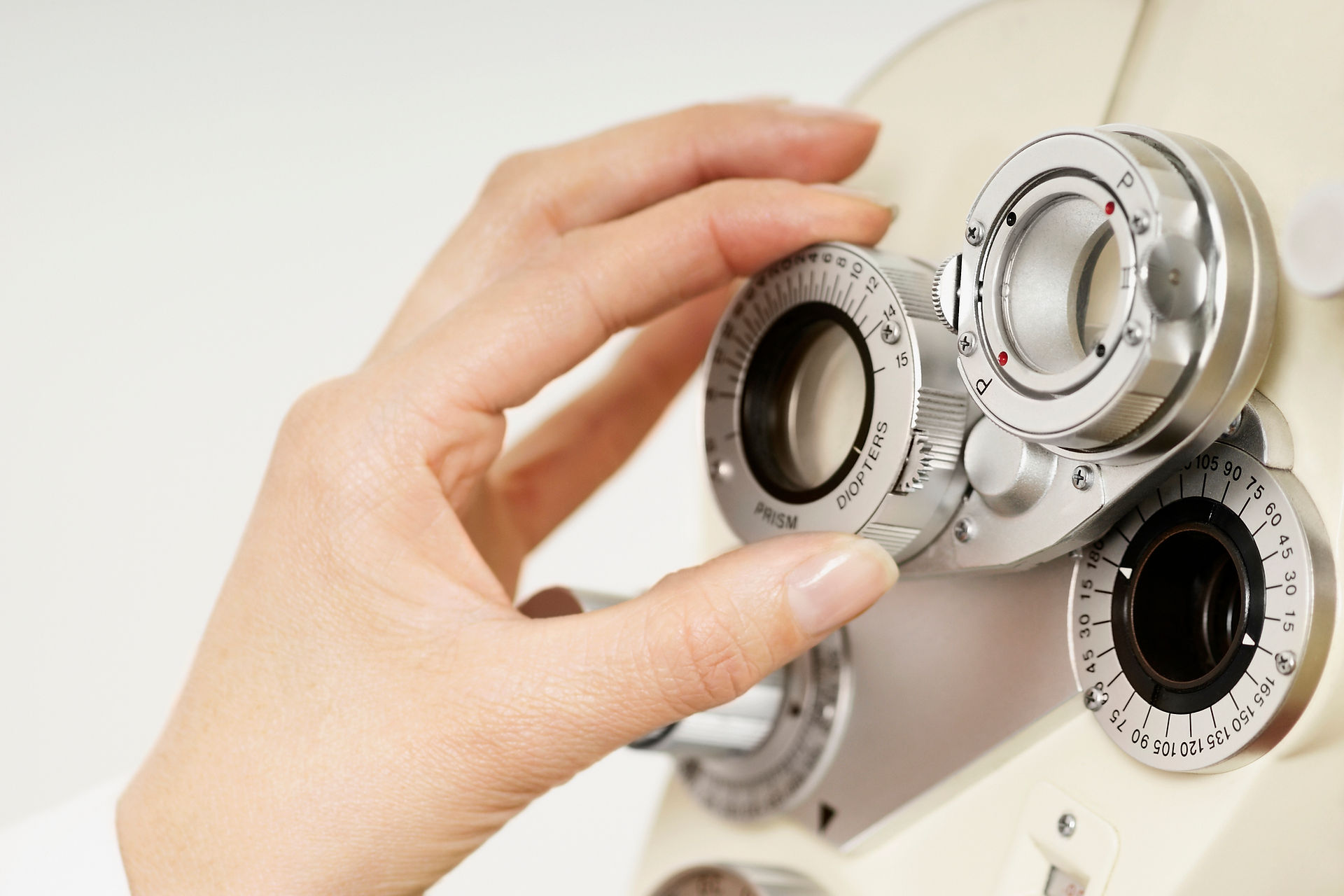
NHS Sight Test
You qualify for a free NHS-funded sight test if:
-
you’re under 16
-
you’re under 19 and in full-time education
-
you’re 60 or over
-
you’re registered as blind or partially sighted
-
you’re 40 or over, and your mother, father, brother, sister, son or daughter has been diagnosed with glaucoma
-
you’ve been advised by an ophthalmologist (eye doctor) that you’re at risk of glaucoma
-
you’re a prisoner on leave from prison
-
you're eligible for an NHS complex lens voucher - your optometrist (optician) can advise you about your entitlement
You are also entitled to a free NHS sight test if you:
-
receive Income Support
-
receive Income-based Jobseeker's Allowance (not Contribution-based)
-
receive Pension Credit Guarantee Credit
-
receive Income-based Employment and Support Allowance (not Contribution-based)
-
are entitled to, or named on, a valid NHS tax credit exemption certificate
-
are named on a valid NHS certificate for full help with health costs (HC2)
-
If you’re named on an NHS certificate for partial help with health costs (HC3), you may get some help towards the cost of your sight test.
Proving your entitlement to a free NHS sight test:
When you go for your sight test, tell your optician that you’re entitled to a free NHS sight test. They will give you a form called GOS1 to fill in and sign.
You’ll be asked to show proof that you’re entitled to a free NHS sight test. For more information, see the NHS leaflet Help with health costs (PDF, 287.10kb, opens in new window). This leaflet explains which documents you will need to prove that you’re entitled to a free NHS eye test.

Private Sight Test
If you do not qualify for a NHS sight test then there will be a charge of £25 for the eye test. This fee also covers you if you require an occupational eye test form to be filled in by the Optometrist.